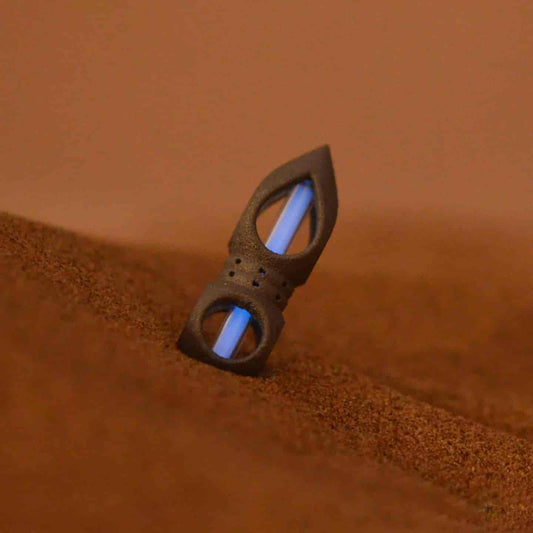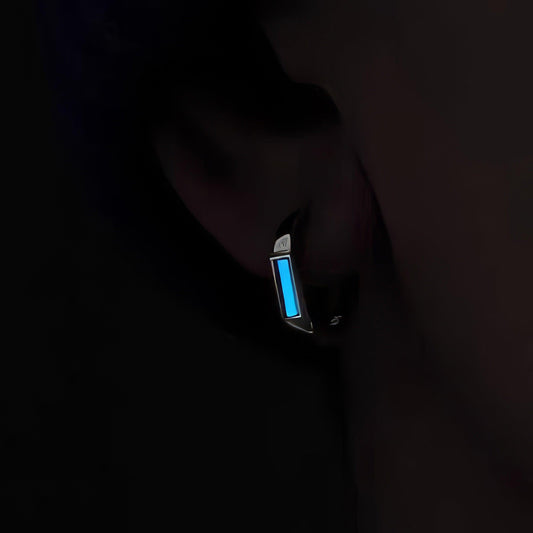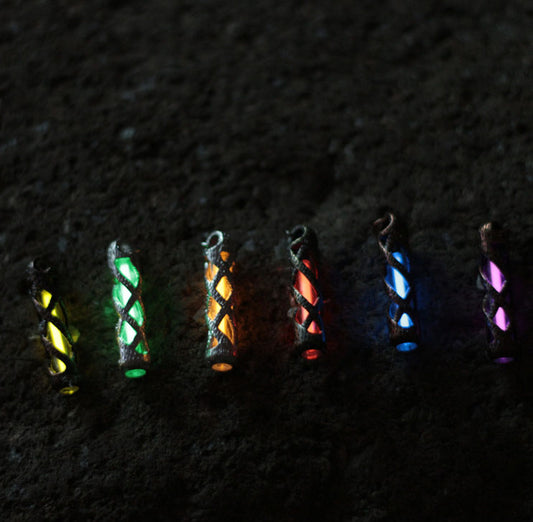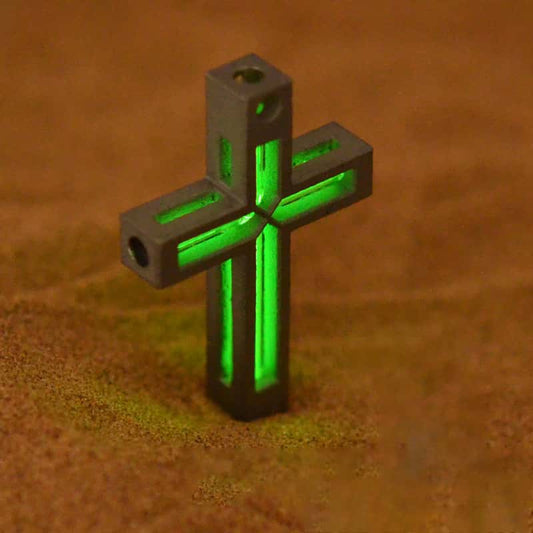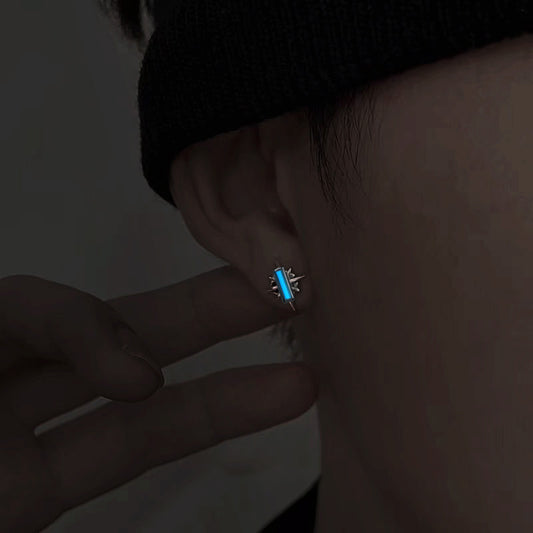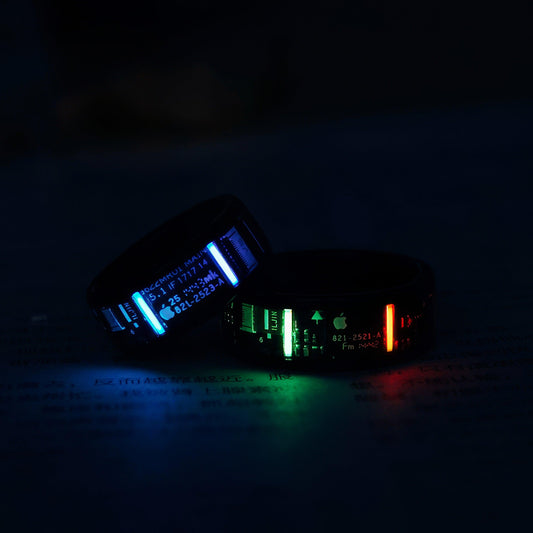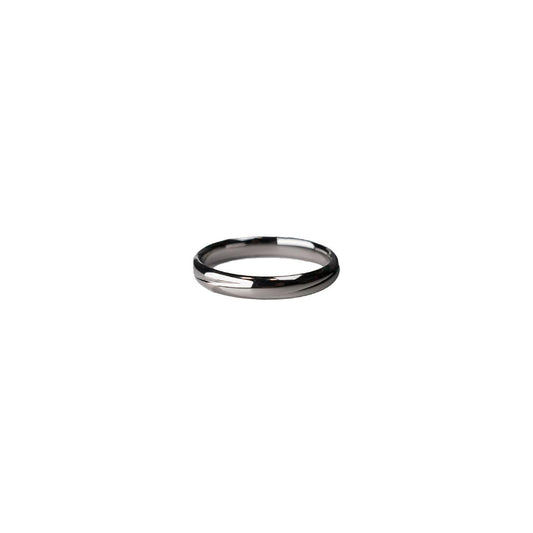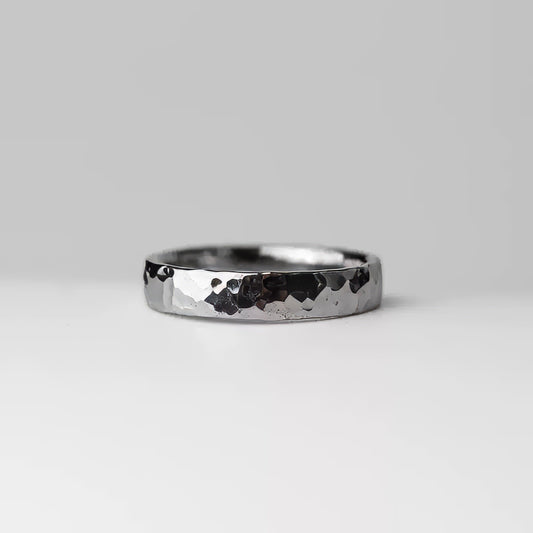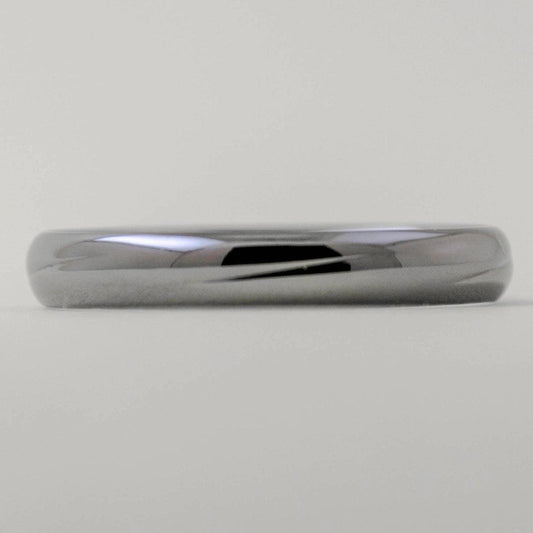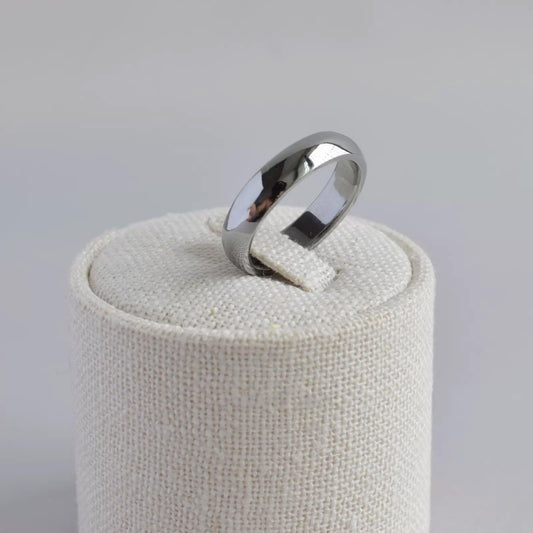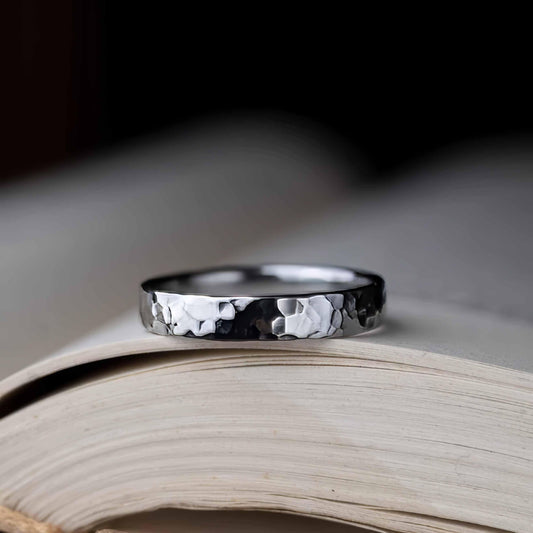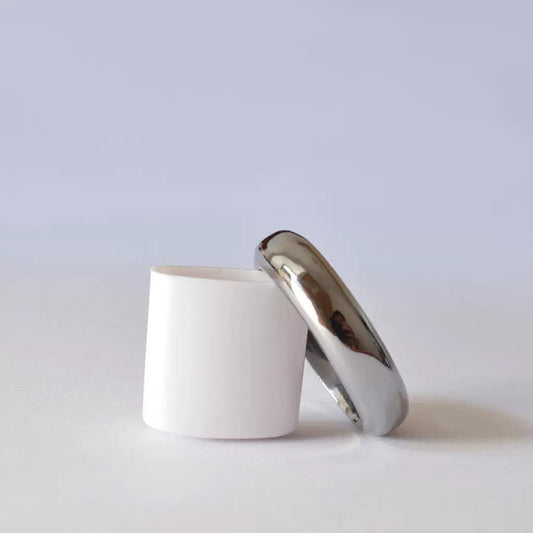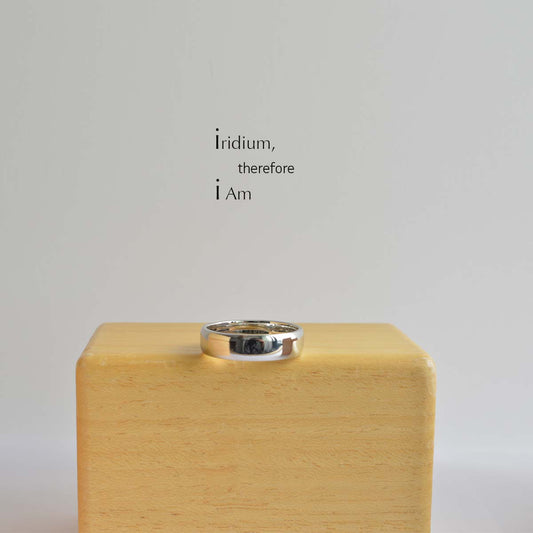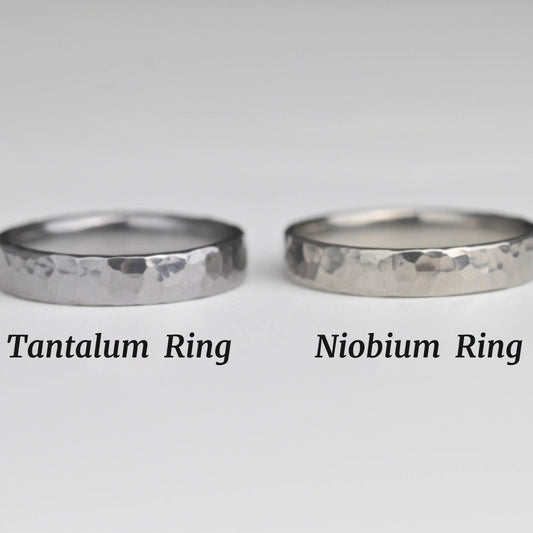Disadvantages of Titanium Rings A Closer Look
Disadvantages of Titanium Rings A Closer Look
When I got engaged a few years back, one of the first decisions my fiancé and I faced was choosing our wedding bands. We wanted something that felt unique yet timeless, and titanium rings caught our eye. They were sleek, modern, and surprisingly affordable—though, as it turns out, not without their drawbacks. Here’s what I wish I’d considered before getting swayed by titanium’s initial allure.
Titanium, often celebrated for its impressive strength-to-weight ratio, does have its drawbacks—specifically when it comes to resizing. While modern love stories might make you feel like you'll forever stay the same size, life (and fingers) doesn’t quite work that way. Whether it’s due to climate, health changes, or simply time, fingers expand and contract. Titanium, however, is incredibly hard and thus, notoriously difficult to resize. This can be a significant issue down the road if your ring no longer fits comfortably.
The durability of titanium might sound appealing—after all, no one wants a ring that shows signs of wear after just a few months. However, this can also mean that once you commit to a size, you’re pretty much stuck with it. Scratches and dents aren't as much of a concern as with softer metals like gold or silver, but the downside is its inflexibility in changing size.
Another factor I’ve come across is titanium’s relative newness in the jewelry market. While this isn’t necessarily a deal-breaker, it does come with some uncertainties regarding long-term cultural value. As someone who treasures family heirlooms, I wondered if a titanium ring would ever hold the same nostalgic worth as my grandmother's yellow gold band, handed down and lovingly worn through generations. It’s hard to imagine a future great-grandchild sentimentally clutching this ultra-modern metal with the same fondness.
Then there’s the aesthetic consideration—titanium rings tend to have a particular look. They’re sleek and generally have a matte grey finish, which can be stunning but might not match everyone's personal style. If your taste veers towards the traditional, it might be challenging to pair these rings with other jewelry without them standing out in a way you hadn’t anticipated.
If I could go back, I'd probably still consider titanium, but I'd be more circumspect about its limitations. A friend of mine, who had once firmly believed in the unyielding strength of titanium, ended up having to switch to a more forgiving metal years down the line due to a shifting waistband and finger size that no longer matched.
It's important to weigh these disadvantages against the benefits. Titanium rings might be the perfect choice for some, but they certainly aren't for everyone. The key is to think about what you value most in a ring—durability, tradition, adaptability—and make your choice accordingly.
